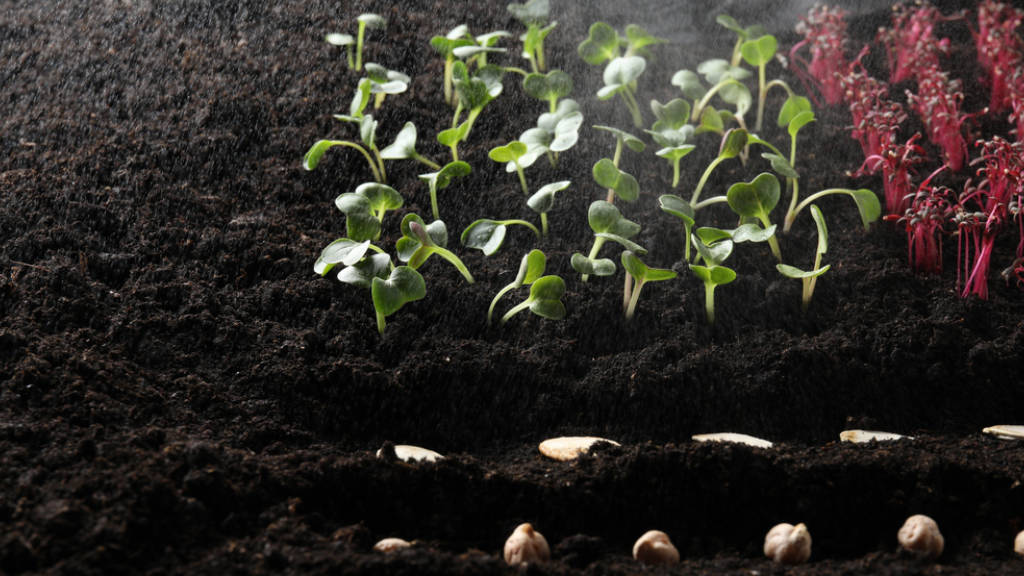The Centre for Breeding and Primary Seed Production department of Russia’s EkoNiva Group has signed an MoU with Chile’s Agricultural Research Institute (INIA). It aims to help introduce accelerated breeding methods and develop the exchange of experience between the two countries’ main plant breeders. It plans to cut the time needed to create new agricultural plant varieties by two to three years. It typically takes 10-12 years to develop a new variety in a traditional cycle.
EkoNiva’s directors visited INIA and the Chilean breeding and seed production facilities at the beginning of this year with the aim of introducing tools that accelerate the breeding process. This involves organizing the replication of EkoNiva’s breeding lines in the winter nurseries in the southern hemisphere.
EkoNiva will be able to harvest a second crop in Chile during the Russian winter after cultivating the breeding lines during the Russian summer. The focus will be on producing seeds for soybeans, chickpeas, and lentils.
Vitaly Voloshchenko, a director of EkoNiva said “In this way, cooperation with our Chilean partners allows EkoNiva to significantly speed up the reproduction of seeds, by two to three years, without any loss in the quality of the genetic material. This will cut the time needed for certain stages of the breeding processes, and therefore the time needed to introduce new Russian varieties to the market.”
When asked how this innovation could affect the cost of creating new varieties, Voloshchenko said that this is the company’s first experience using winter nurseries, so the economic impact still needs to be calculated. “However, to enhance competitiveness, the time-to-market for a new product (a variety) often matters more than an increase in the project’s cost, especially in the context of import substitution.”
The agreement also provides for exchanging scientific information, expertise in genetic resource adaptation, and sharing collection materials belonging to both sides to support breeding programs and preserve and utilize various plant varieties in Russia and Chile.
Alfaro Jara, the INIA Deputy Director for Research and Development said “Both Chile and Russia are concerned about food security, so it’s essential to create a genetic resource bank and develop breeding. Under the memorandum, we plan to jointly develop breeding programs, offer specialized training in genetic advancements, exchange genetic material, and conduct work in off-season nurseries. In northern Chile, in the city of Arica – an incredible place known as the city of eternal spring – there is a breeding station where any crop can be cultivated, with up to three harvests a year.”
EkoNiva and INIA are currently discussing the details of their cooperation and its legal framework. The company is a leading producer and processor of raw milk in Russia and is also involved in breeding and seed production.
Further Reading
Latin America and the 2024 BRICS Summit: Executive Summary

 Русский
Русский













